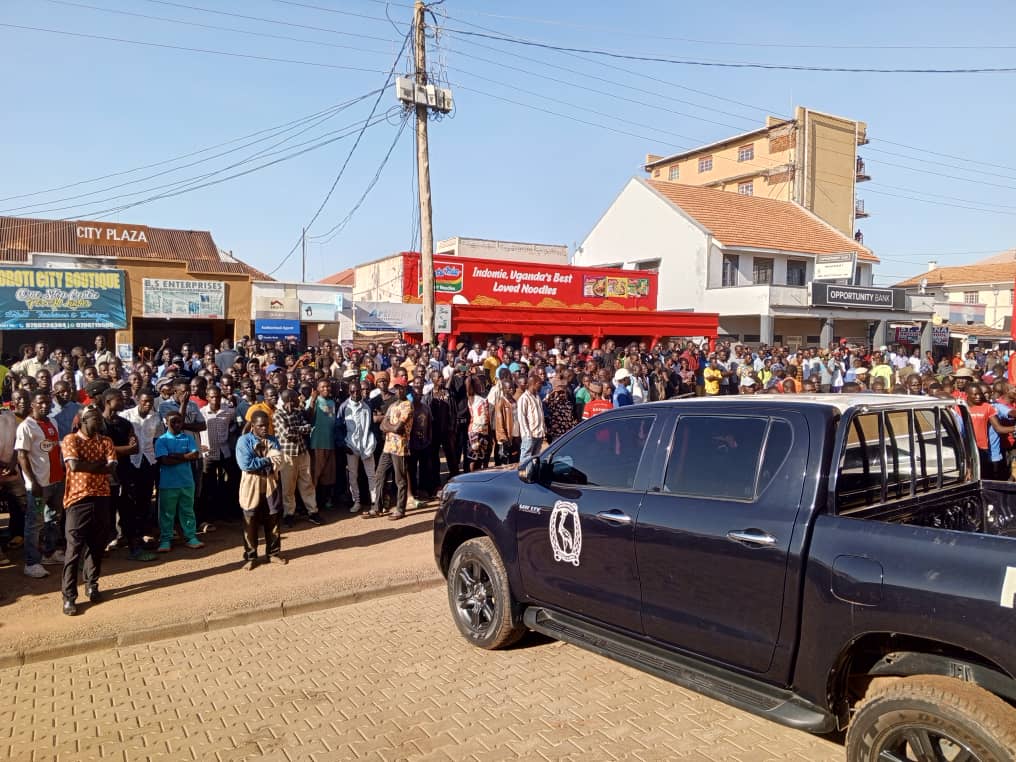Opinion: Does driving a car, renting a nice house qualify you as middle class?
On Friday, I was called to moderate an elite conversation at the great hill – Makerere University.
It is heartwarming, for any alumni, to see the revival of debate and the probing of society return to the academic giant.
Keep Reading
It was at the Food and Science Technology lecture room. The room has since undergone a great uplift. Cushion seats, well rowed, a white board for projection and a lot of architectural space that allows for thinking and introspection.
The organizers of the conversation were the Konrad Adenauer Stiftung, a German political organization. The conversation, and now let’s get into it, was about the Middle class in East Africa. Speakers were drawn from Kenya, Uganda and Germany.
While seeking to place a thumb on what exactly would be an appropriate definition of who a member of the middle class, one panelist, James Muriuki, a Kenyan photographer pointed out that many people considered middle class, are just ‘performing poverty’.
That, getting a bank loan to buy a car wasn’t a measure of middle class but rather, a choice by a member of the lower proletariat to ‘perform poverty’. The same, he said, applies to wearing neatly pressed shirts, applying expensive perfumes and eating junk fast foods.
Judging from the temperature in the room, defining who a member of the middle class was a hard job.
If you have a well-paying job earning some millions that you are able to pay rent in a decent house, eat a decent meal daily, have some social security and wear a neat shirt and pants/skirt, are you thus a member of the middle class? What if you don’t own any property or means of production, are you still considered part of that class? How much of your circumstances would change if you were, just for appropriation’s sake, to suffer a terminal illness? Would you require a car wash, fundraiser? Or you can tick that off using your salary?
These introspecting questions, ofcourse, dig at the definition assigned to the middle class which is derived from income, wealth, consumption and aspiration.
In the true Marxist definition of the term, Ugandans who work and earn a salary, would not in ordinary terms be ‘the middle class’. They would, instead, be the proletariat who are exploited through labour by their peers. It is the peers, those who own the means of production but only using capital controlled by the ruling class that qualify to be the middle class, and that is a small fraction.
It is however, the failure of definition and the dishonesty of economic practices that breed the rising class anger we see in the country. When, for example, a car owner knocks a bodaboda, the bikers gang up to pursue ‘justice’ for their colleague because they believe, at a police station or in court, the process will be dominated by the ‘better class’.
There’s a mountain of opportunity for political mobilisers and activists in uniting the proletariat, either against the middle class or to demand better from both the middle class and the ruling class.
What is clear though, is that to do that, any actor must define precisely, what the middle class is.













